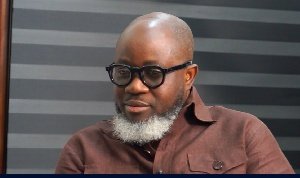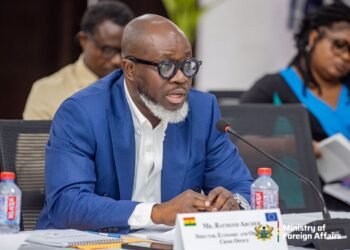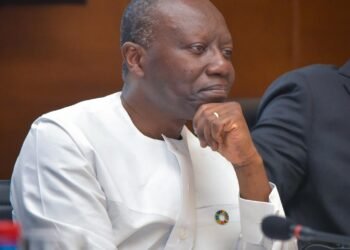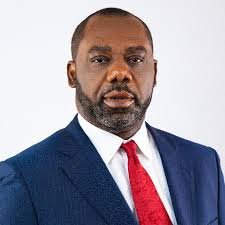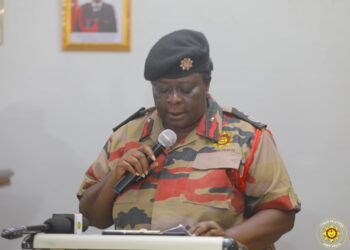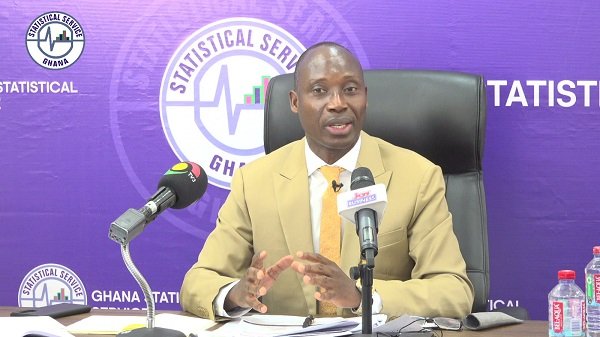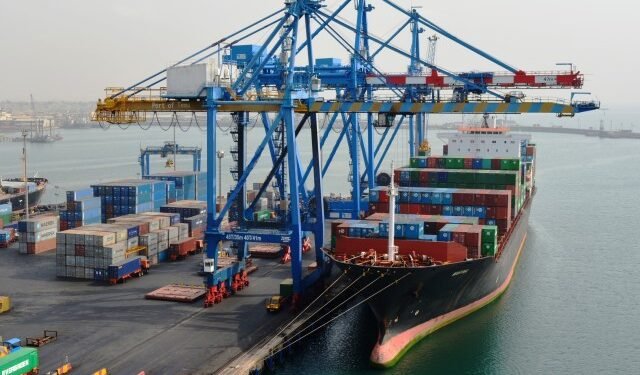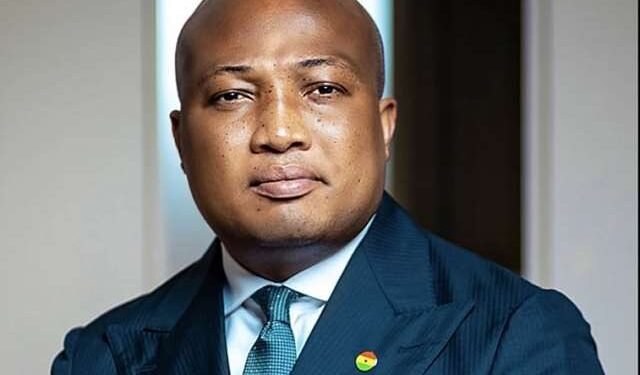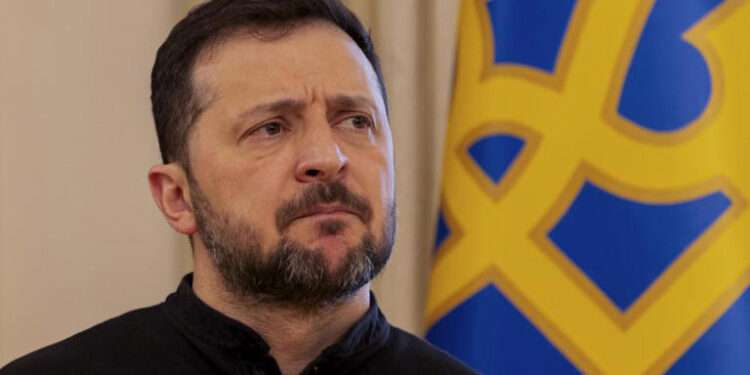A coalition of health-related Civil Society Organizations (CSOs) has made a strong and urgent appeal to the government, calling for swift action to end the industrial dispute and prevent a humanitarian and public health disaster as the Ghana Registered Nurses and Midwives Association (GRNMA) strike continues into its second week nationwide.
The government’s indication of continued attempts to resolve the standoff coincides with this passionate appeal, underscoring the CSOs’ deep concern that the strike’s human cost is increasing by the hour.
The joint statement, signed by Mr. Labram Musah, National Coordinator of the Ghana NCD Alliance (GhNCDA), and the Executive Director of Vision for Accelerated Sustainable Development, Ghana (VAST-Ghana), along with other concerned groups, including the Stroke Association Support Network, paints a grim picture of Ghana’s healthcare landscape.
“From Accra to Tamale, Cape Coast to Bolgatanga, and across smaller towns and rural districts, public healthcare services have been severely disrupted.
“Vital services such as dialysis, cancer treatment, hypertension management, diabetes care, asthma management, cardiovascular disease interventions, stroke rehabilitation, and mental health services are now either inaccessible or drastically reduced.”
Mr. Labram Musah, National Coordinator of the Ghana NCD Alliance (GhNCDA)
These disruptions, they warn, leave thousands of patients exposed to preventable complications, permanent disability, or, in the most tragic instances, even death.

Specific examples cited include dialysis patients in Ho being tragically turned away due to severe staff shortages, and individuals grappling with epilepsy or severe asthma being unable to access critical medication reviews, counselling, or emergency services, underscoring the immediate and life-threatening consequences of the nurses’ absence.
Financial Implications
Beyond the dire physical health implications, the strike has inflicted significant financial hardship and exacerbated existing health inequalities.
The statement pointed out that the burden of care is increasingly shifting to private facilities, compelling patients to incur exorbitant out-of-pocket costs—expenses that the majority of Ghanaians simply cannot afford.
This unsustainable situation not only threatens health outcomes but also deepens the chasm of inequity in access to essential healthcare.
Moreover, the emotional and psychological toll on patients and their families is immense, with the uncertainty, fear, anxiety, and financial strain combining to escalate mental health challenges across the population.

The CSOs also cautioned that the prolonged strike poses a grave threat to Ghana’s long-term health commitments, jeopardising the nation’s ambitious goal of achieving Universal Health Coverage (UHC) by 2030.
“The SDG 3 (Good Health and Well-being) is under serious threat. This crisis starkly exposes the fragility of our health system and the urgency of systemic reforms to avoid future occurrences.”
Mr. Labram Musah, National Coordinator of the Ghana NCD Alliance (GhNCDA)
This crisis, they argued, lays bare the inherent fragility of the nation’s health system, emphasising the urgent need for systemic reforms to prevent future occurrences.
In a unified voice, the health CSOs made a powerful appeal for political parties to set aside partisan interests and confront the crisis as a unified national emergency.
They vehemently stressed that health is a fundamental human right and a national priority, asserting that it “must never be reduced to partisan debate.”
The lives of Ghanaians, they underscored, transcend political affiliations, demanding that a shared humanity shape healthcare solutions.
While welcoming President Mahama’s recent directive to the Ministry of Finance to develop a roadmap for resolution in consultation with the GRNMA, the CSOs insisted that “words must now be translated into swift action to protect human life.”
Actional Proposals
To this end, they put forth a series of actionable proposals. They urged all stakeholders to prioritize patients, unequivocally stating that budgetary discussions must not come at the cost of human suffering.
They advocated for immediate and good-faith dialogue aimed at restoring services while preserving the dignity and rights of health workers.
Furthermore, the CSOs proposed concrete relief measures for the most vulnerable. They called upon the government, donors, and health financing partners to consider emergency subsidy schemes or health fund relief mechanisms to support NCD patients now compelled to seek costly care in private hospitals.
Recognising the psychological impact, they also highlighted the need for psychological support services, especially for vulnerable groups facing treatment and care disruptions.

As immediate interim measures while the strike continues, they suggested temporary staffing solutions, including the re-engagement of retired nurses, emergency contracts with private health facilities, and leveraging NGO support to restore critical services like dialysis, cancer care, and hypertension management.
This latest plea from health CSOs follows a series of governmental actions aimed at resolving the industrial impasse. Notably, a high-stakes meeting recently took place between the Parliament Select Committee on Health and all key stakeholders.
This critical session convened representatives from the GRNMA, the Ministry of Health (MoH), the Ministry of Finance (MoF), and the Fair Wages and Salaries Commission.
Hon. Nawaane Kurt Mark, Chair of the Parliament Select Committee on Health, expressed satisfaction with the constructive nature of the discussions, acknowledging that the dialogue was marked by a spirit of mutual understanding and a commitment to finding common ground.
Complementing this measured optimism, the Minister of Health, Hon. Kwabena Mintah Akandoh, offered a reassuring message, portraying his ministry as a “mother ministry” to the nation’s nurses and midwives and reiterating the government’s commitment to arriving at “mutually acceptable conditions” once the strike is called off.
However, a final end to the strike remains subject to internal GRNMA processes, necessitating their leadership to report back to their council for a collective decision.

The CSOs concluded their statement with a powerful call to action for civil society, the media, and faith-based organisations to unite, urging collective advocacy to “put patients at the centre” and exert public pressure on both parties to end the deadlock.
“This crisis must not continue. Every hour of delay risks another life, deepens public distrust in the system, and reverses years of progress in health delivery”.
Mr. Labram Musah, National Coordinator of the Ghana NCD Alliance (GhNCDA)
Emphasizing equity, dignity, and justice in health, they called for a swift, humane resolution that upholds both the rights of health workers and the dignity of patients, declaring this moment a defining opportunity for Ghana to choose “people over politics, lives over litigation, and humanity over hierarchy.”
READ ALSO: Kevin De Bruyne Joins Napoli





